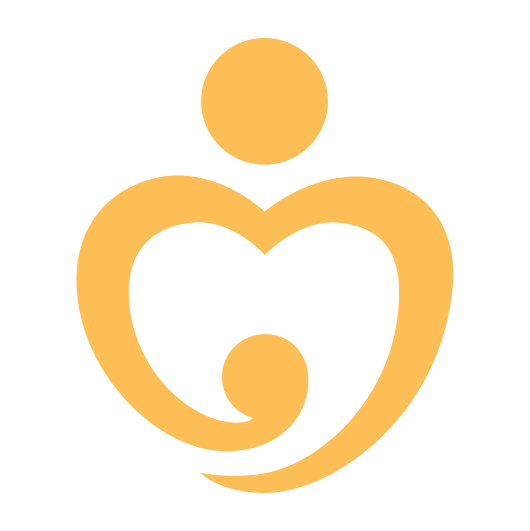A Life-Changing Decision: Paljum’s Journey to Motherhood
By Ramesh Dangi, Field Officer @ Women Empowerment Centre in Dolpa, Nepal
As a field officer working in the remote Chharka Tangsong rural municipality of Dolpa district in Nepal, I often come across remarkable stories of resilience and transformation within communities that face significant challenges. One such inspiring individual is Paljum, and her story highlights the critical impact of the partnership between the Women Empowerment Centre (WEC) and One Heart Worldwide in implementing the Maternal and Neonatal Health (MNH) Program in Dolpa.
Paljum resides in Terang Ward 5, a high-altitude village situated 3,322.5 meters above sea level. While the landscape is breathtaking, life in Terang can be harsh for villagers with limited access to quality maternal healthcare. At 41 years old, Paljum has endured immense grief on her journey to motherhood. Her first child, born when she was 27, was stillborn. She lost her first baby as a stillborn, and another succumbed to malnutrition, while the third fell victim to pneumonia.
She was lucky that two of her children survived.
All of Paljum's babies were delivered at home without the help of a skilled health professional, a consequence of the absence of a birthing center in her village or nearby health facilities. The nearest one, Mukot Health Post, required pregnant women to undertake an entire day's journey, leading most in her community to opt for home deliveries.
During my visit to Terang village for a community perception program organized with the support of One Heart Worldwide, I had the privilege of meeting Paljum. Pregnant and uninformed about antenatal care checkups, she symbolized the lack of awareness prevalent in her community. Paljum's story touched my heart, prompting me to engage her in conversation to understand her experiences and challenges.
Paljum's vulnerability and determination became evident during our conversation. A woman of few words, she represented the silent struggles mountain communities face due to a lack of information and knowledge. It was clear that her hardships extended beyond her pregnancy, as she managed household chores, tended to a herd of 100 goats, and cared for her family, including her elderly mother-in-law.
Our community perception program opened Paljum's eyes to safe motherhood practices, empowering her to prioritize her health and that of her unborn child. Despite the distance, she made the courageous decision to travel to the health facility for her first antenatal care checkup. The impact of this decision was particularly rewarding as a health professional, knowing that the counseling and information provided had made a tangible difference in Paljum's life.
Paljum's story is a testament to the transformative power of education, awareness, and community engagement. Her decision to give birth at the health post reflects the potential for informed choices even in challenging circumstances. This transformation is not just an individual victory but a collective achievement made possible through the maternal health program supported by One Heart Worldwide.
In Paljum's own words: "I would like to thank you for bringing this community perception program and raising awareness about the importance of ANC and PNC checkups and institutional delivery. Now, I will definitely go for my ANC checkup and choose institutional delivery. Thank you, OHW and WEC."
Paljum's story serves as a beacon of hope, showcasing the positive impact of clear communication, compassionate counseling, and community support. It is a reminder that, through collaborative efforts, we can make a significant difference in the lives of underserved communities, ensuring healthier futures for mothers and their children in remote areas like Terang village.




